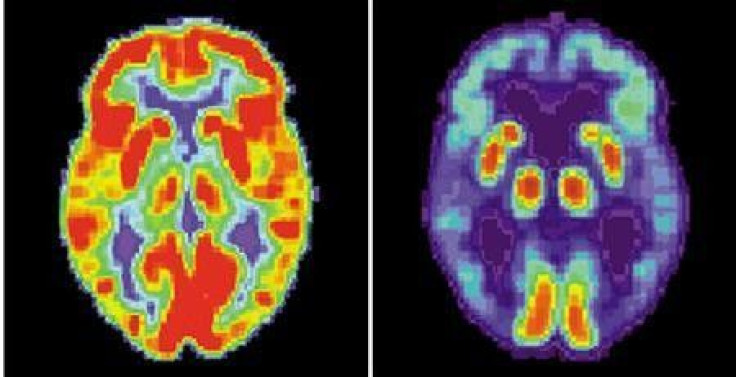Herpes Antiviral Drugs Targeted to Delay Progression of Alzheimer Disease: Study

Scientists at the University of Manchester suggest using antiviral drugs to slow the progression of Alzheimer's Disease (AD).
The results of the study seem to indicate that the herpes simplex virus type 1 (HSV1) is a risk factor for contracting Alzheimer's, when it is present in the brains of people who have a specific genetic risk of the disease. The study states that drugs targeting the herpes virus could slow progression of AD.
The study, published in the Public Library of Science One (PLoS), notes that current treatments for AD are merely palliative and has a calming impact on the individual. However, there is an urgent need for medicines that could delay the progress of the disease.
The new study is based on evidence implicating HSV1 as a causative agent in AD. The first suggestion that HSV1 might have a role in AD was based on the observation that in herpes simplex encephalitis (HSE), the brain regions damaged are the same ones as those that are affected in AD
Study researchers at Manchester claim that the study is the first to investigate antiviral effects on AD-like changes. They infer that since antiviral agents greatly reduce β-amyloid and P-tau levels in HSV1-infected cells, they should be suitable for treating AD.
Further, the scientists say that HSV1 theory has an advantage over current AD therapies. This revolves around acyclovir - an antiviral drug - that can be used to target only the virus and not the host or normal and uninfected cells. In addition, these agents are safe and relatively inexpensive.
Researchers have now also established that the herpes virus causes an accumulation of two key AD proteins - β-amyloid (Aβ) that, primarily, causes plaque - and abnormally phosphorylated tau (P-tau), the causative component for tangles. Both proteins are thought by many scientists to be involved in the development of the disease.
We have found that the viral DNA in AD brains is very specifically located within amyloid plaques, said Professor Ruth Itzhaki, who led the team in the University's Faculty of Life Sciences, This, together with the production of amyloid that the virus induces, suggests that HSV1 is a cause of toxic amyloid products and of plaques.
Our results suggest that HSV1, together with the host genetic factor, is a major risk for AD, and that antiviral agents might be used for treating patients to slow disease progression. Also, by targeting a cause of Alzheimer's disease, other viral damage, besides β-amyloid and P-tau, which might be involved in the disease's pathogenesis, would also be inhibited, Itzhaki adds.
Antiviral drugs currently available act by targeting replications of HSV1 DNA. In the study, researchers considered treating AD once the accumulation of β-amyloid and P-tau that is caused by the virus occurred. They also tested the drug at the stage at which viral DNA replication occurs.
If these proteins are produced independently of HSV1 replication, antivirals might not be effective, said Itzhaki, We investigated this and found that treatment of HSV1-infected cells with acyclovir, the most commonly used antiviral agent, and also with two other antivirals, did indeed decrease the accumulation of β-amyloid and P-tau, as well as decreasing HSV1 replication as we would expect.
The study underlies the explanation that HSV1 is a neurotropic virus that infects most humans. It is responsible for a number of diseases including herpes labialis (cold sores), herpes simplex encephalitis (HSE) and some cases of genital herpes.
The next stage of our research -- subject to funding -- will focus on finding the most suitable antiviral agent -- or combination of two agents that operate via different mechanisms -- for use as treatment. We then need to investigate the way in which the virus and the genetic risk factor interact to cause the disease, as that might lead to further novel treatments, noted Itzhaki.
© Copyright IBTimes 2024. All rights reserved.











